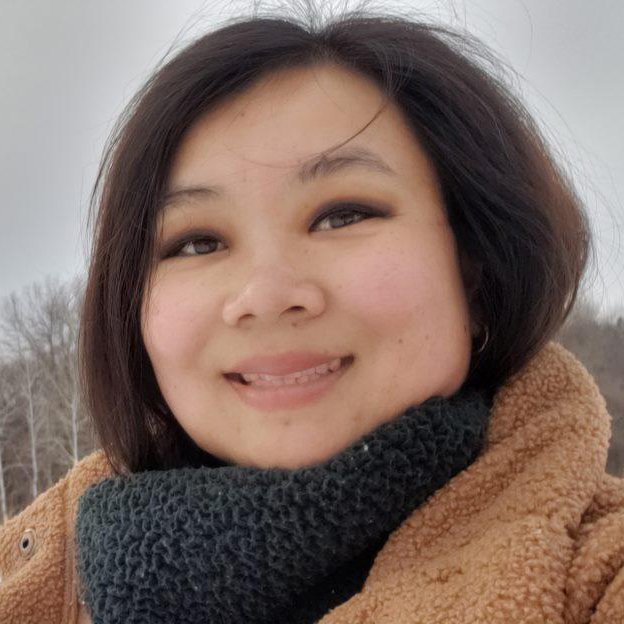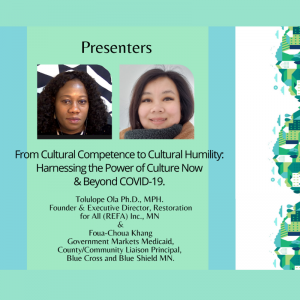Curiosity key ingredient to practicing cultural humility
June 1, 2021A lime is a lime, right? This may seem simple enough, but when I asked attendees at the African Mental Health Summit last year to describe a lime the answers were an absolute 'rhapsody of realities' as one person described it.
Limes come in many shapes, colors and tastes and even have multiple uses. No one description was best or better and no description was wrong, the magic is in being curious and discovering how and why someone’s answer differed from yours and the desire to learn more about their perspective.
This illustration translates well to the broader world. The dominant (often white) narrative is typically narrow, with definitive "either/or" thinking that leaves no room for individual experiences and nuances. In reality, there's no substitute for getting to know someone on a personal level. And in health care, we know that when providers gain insight into their patient's perspectives and world view, the relationship deepens and the care they receive can be better as a result.
Activating curiosity is at the heart of expanding from cultural competence to cultural humility.

I was honored to be invited by Dr. Tolulope Monisola Ola, the founder and executive director of Restoration for All, to co-present at the Summit about the power of culture in health care. Dr. Ola and I really wanted to encourage everyone to increase their curiosity, not just their attitude of "I read an article about that, now I know."
Beyond generalizations to working practice of humility
While cultural competence is an awareness and acknowledgement of other cultures, it is usually surface-level details such as food, fashion, holidays, music, literature and language. While this is important information, it doesn’t necessarily lead to a meaningful understanding of how a person’s culture shapes their life and decisions. This is where activating curiosity comes in.
Cultural humility acknowledges that we see the world differently, but it is also a position of self-reflection and lifelong learning to help ourselves honor and accept other ways and cultures outside of our own as equal and valid. It helps protect against dangerous assumptions and stereotypes as well.
Asking “how”
Cultural humility is about demonstrating genuine curiosity about the person in front of you and being willing to learn about what is important to them, if they’re inclined to share. If you embrace humility, ask the question of how, when it’s appropriate. “How do you celebrate that in your home?” in relation to a holiday, for example.
If you’re truly seeking to understand and reaching out with curiosity, people will respond. Leading with what you think you know about their story won’t generate the same positive interaction.
Racism is a public health crisis. At Blue Cross, racial and health equity is both a core value and strategic focus of our business. As a community and county liaison, I get to be a bridge between Blue Cross, service organizations and our Medicaid members. We are committed to showing up, doing anti-racism work and meaningfully contributing to the solution.
We are proud to support and promote organizations such as Restoration for All that teach about culture, humility and cultural fluency. We go to the communities we serve to learn from their expertise and we invest in the communities we serve. And we believe that leveraging that community expertise will help increase and expand all our journeys through cultural humility to better address racism.
Learn more about Restoration for All at RestoreAll.org


